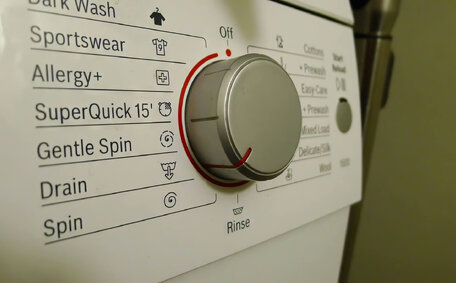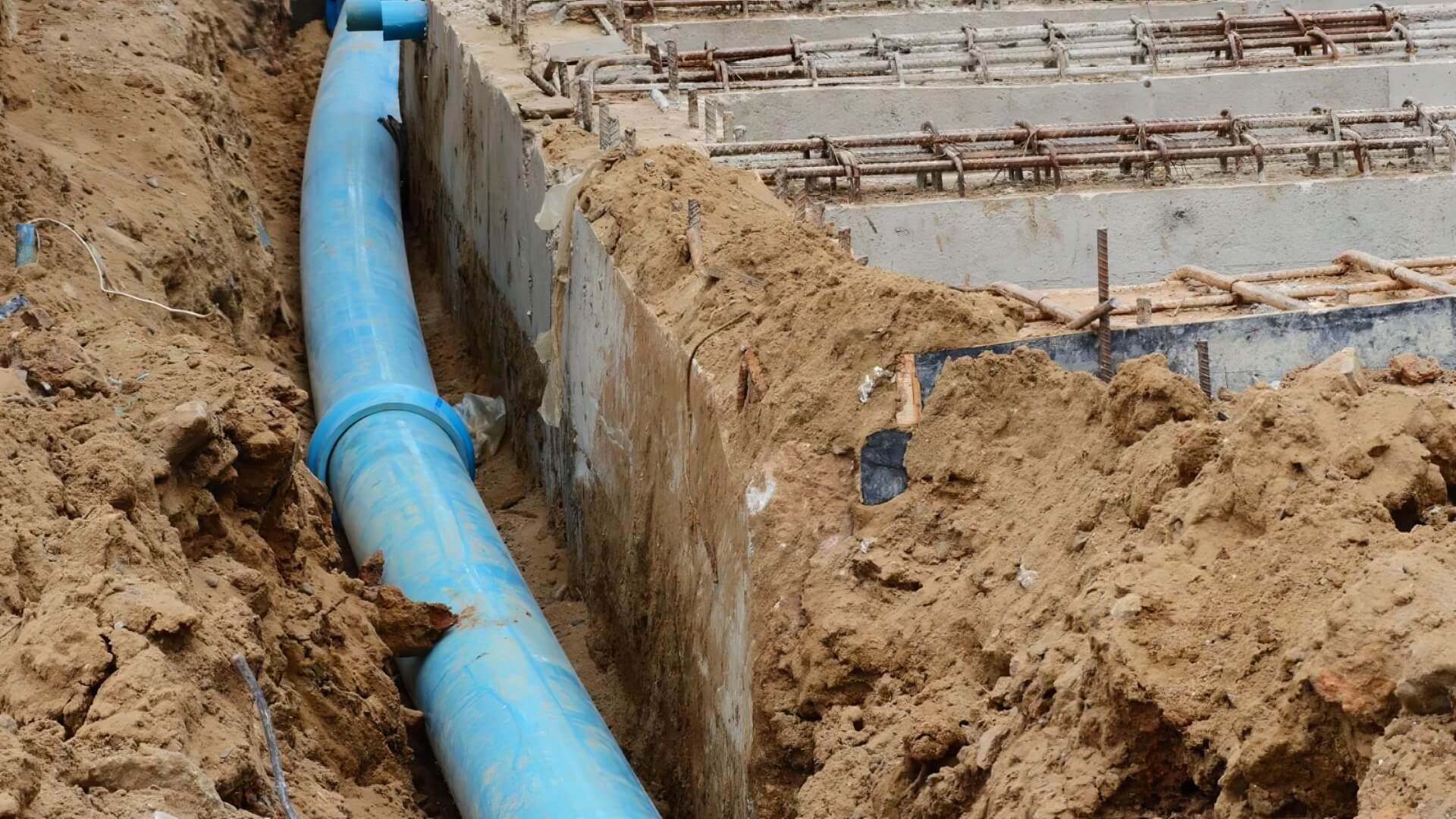Introduction: Understanding Sink Drain Blockages
Blocked kitchen sink drains often disrupt household routines. Drain blockages prevent your drains from properly draining, leading to backups and overflowing water. Over time, this can also cause pipe damage and mould growth.
Bathroom and kitchen sinks are particularly susceptible to clogs caused by drain hair and other debris. Substances like food scraps, grease, hair, and soap residue often accumulate in kitchen sinks, causing blockages. Other residues such as coffee grinds, rice, wet wipes, and even dental floss can lead to blockage.
Preventing clogged drains is essential, and there are steps you can take to ensure water glides down drain smoothly, avoiding plumbing emergencies and costly repairs in your house. Implementing small daily steps in your home, like using sink strainers, wiping down your kitchen sink, and being mindful about what goes into kitchen drain can pay off by keeping drains clear and functional.
Using Sink Strainers, Drain Screens and Protectors
Using sink trap strainers is an effective measure to prevent blocked drains by catching debris before it enters your sink. Strainers fit inside sinks, trapping food scraps and hair, providing a barrier for drain openings. Drain screens prevent unwanted materials by filtering out debris and channeling water into drains.
Choose a strainer or drain screen that fits your drain type snugly. For example, Flat strainers for bathroom sinks and deeper basket strainers are designed to catch items before they washed down and become drain clogs. Ensure it covers the entire opening of the kitchen sink drain to manage your blocked sink situation effectively. Follow manufacturer instructions for installing strainers and drain screens correctly.
Ensure sink strainers are cleaned up consistently by detaching and washing collected debris into drain containers. Use an old toothbrush to dislodge built-up gunk if necessary. Drain screens can also be easily removed and scrubbed when they get clogged up.
Drain protectors use a mechanical seal to completely block the drain opening when not in use.
Consistently using sink strainers, drain screens and protectors will greatly reduce the amount of debris clogging the drains of your home’s plumbing. Catching particles early is vital to ensure water down your drain moves unimpeded, avoiding stubborn clogs in your pipes.
Proper Disposal of Cooking Fats, Oils, and Food Waste
Pouring fats, oils, and food remnants down the sink can cause pipe build-ups. Gradually, thick layers of food debris can accumulate, ensnaring other materials and leading to major blockages down pipe systems.
Allowing substances like oil, grease, bacon fat, butter, and sauces to go down the drain could cause blockages. As fat oil grease cool, they solidify forming a coating inside your pipes to build up over time.
To avoid substances like cooking grease that can cause blockages, dispose of fats, oils, and food scraps correctly:
- Dispose of cooled cooking grease in a jar or container before tossing it in the bin to avoid clogging your drainage system. Avoid drain blockages by wiping pans with paper towels before washing to remove residual cooking oil.
- Collect food scraps like meat trimmings, egg shells, fruit and vegetable peels in a container or compost bin. Making sure none end up washed down toilet drains is key.
- Mix small amounts of sauces or gravy with absorbent material like kitchen paper before disposal.
- When washing dishes, ensure sink strainers catch food particles, and regularly empty the strainers into the compost or bin.
Although garbage disposals can handle soft food scraps, it’s best to grind small amounts to maintain their efficiency. Meat, oils, bones, and fibrous materials like corn husks should not be put in disposals to prevent jams. Despite their utility, drain use precautions must be taken to prevent clogged systems, as they can succumb to build-up over time.
Remember that neglecting proper disposal can damage your entire waste water sewer system. Sending fats and food waste down any drain should never be done, as they will accumulate and contribute to blocked pipes over a regular basis. Proper disposal into bins rather than risking a blocked kitchen sink prevents plumbing disasters!
Regular Cleaning and Maintenance
Regular cleaning and maintenance are necessary to keep sink drains clear. Aim to clean your bathroom shower drain and kitchen sinks thoroughly at least once per month. Start cleaning by flushing pipes with hot water to loosen debris, repeating the process if necessary.
Pour a mix of one cup of baking soda followed by 200 mL of white vinegar down the drain, wait 10 minutes, then rinse with boiling water.
Regularly clean your garbage disposal by grinding up ice cubes, citrus peels or 120 grams of baking soda. Refrain from grinding fibrous materials such as husks or eggshells to prevent disposal jams.
It’s also crucial to routinely maintain your outdoor drains, gutters and storm water pipes around your garden and home. Remove accumulations of leaves twigs and debris which can wash into sink drains and cause indoor blockages. Consider professional drain inspections yearly to catch any developing issues early.
Natural DIY Drain Cleaning Methods
Natural drain cleaning methods using common household ingredients can help remove light debris and prevent minor blockages. The soda vinegar combination is a popular home remedy for drain maintenance and can break up clog effectively. Learn tips to prevent blockages with this method:
- Pour half a cup of baking soda followed by a cup of hot white vinegar down the drain. This effervescent reaction is your own effective method in helping to break up the clog in your pipes.
- Let it sit for 5-10 minutes before running hot water to rinse off loosened buildup.
- For a tenacious drain clog, you may need to repeat the process a few times. Ensure a thorough rinse after the process.
A baking soda and vinegar mix, by reacting with organic materials, can efficiently deter small blockages and prevent clogs. It’s safe for most plumbing when used once a month. It may damage some pipe materials when overused.
Pour 4-6 cups down the drain to ensure your plumbing system is well maintained, waiting 10 minutes before rinsing.
Adopting these approaches can prevent drain issues, which can reduce the need for strong drain cleaners in the future.
Professional Drain Cleaning Services
Seeking professional assistance can be a smart choice for stubborn or recurring drain issues. St Marys Plumbing’s licensed plumbers provide comprehensive services for tackling tough blockages, ensuring clear and optimal flow in your drain pipes.
We have powerful tools like hydro-jetting to clean up pipes using highly pressurised water, or a plumbing snake that physically hooks and extracts built-up debris. Our service trucks, recommended by clients for their effectiveness, come equipped with drain cameras to accurately diagnose drainage issues.
Beyond drain cleaning, we also offer pipe repair services to address tree roots and root intrusion, install backflow prevention valves, repair damaged drain lines, clear main sewer drains, treat odours and more. No job is too dirty or difficult for our very professional and experienced technicians!
To book an appointment for professional drain cleaning or inspection, contact St Marys Plumbing today via email or phone 1300 349 338. Serving both residential and commercial clients, we’re equipped to clear clogged pipes in St Marys and the surrounding areas. Our standard business hours are Mon-Fri 8am-5pm.






